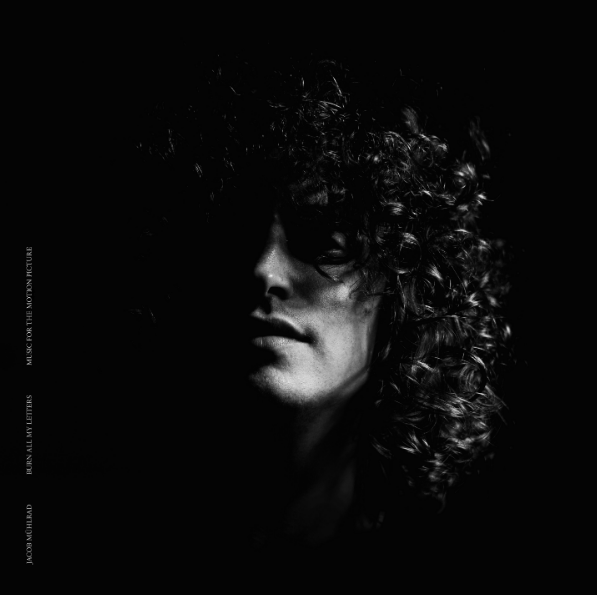Jacob Mühlrad – Burn All My Letters

“Our dead are never dead to us until we have forgotten them”
The words of George Eliot are put to the contemporary test by Swedish composer Jacob Mühlrad on his latest project Burn All My Letters. Mühlrad, who showed a tremendous facility for spiritual composition on his debut album ‘Time’ in 2021, proves that his depth of emotional and narrative expression is indeed, as it had seemed, a natural fit for visual accompaniment with this, his debut film score.
Conceived as a score to the film of the same name by Mühlrad’s compatriot Björn Runge (The Wife), Mühlrad has composed a suite of chamber ensemble pieces that, like the film’s subject matter, tease and pull at some of the deepest wells of the human experience: memory, regret, nostalgia. In Mühlrad’s hands, characters from the past come back to life just by dint of his music’s ability to induce remembrance; he ensures that people become unforgotten.
The plaintive piano notes of ‘In Retrospect’ flash like fading wisps of memory, violins echoing with a lingering, misty-eyed liminal sadness. ‘Karin’s Waltz’, which lends the album its central, recurring motif, starts with a mournful piano lament, but skips briskly into life with a hot-fingered flurry, and suddenly a surge of excitement passes through us and the impossible seems possible.
The voices of a spectral, menacing choir murmur out of our inner depths on ‘The Past’ and crash into frighteningly plain view, threatening to trudge up with them some dreaded dark truth. Later on ‘The Play’, the now incantatory choir taunt us from our past, barreling through time with the promise of a reckoning. Things reach a dramatic denouement with the Herrmann-like staccato strings of ‘Stanna’ and ‘The Accident’, where heart-stopping double bass strings thud proceedings to a halt and piano notes blink like emergency lights.
Mühlrad has said that he is interested in blurring the individuality of instrumental sounds, of obscuring the roots of the music that he releases, preferring to create an abstract, seemingly source-free musical palette. On Burn All My Letters, we think far more of the conceptual, emotional truth of the music than we do of its constituent elements.